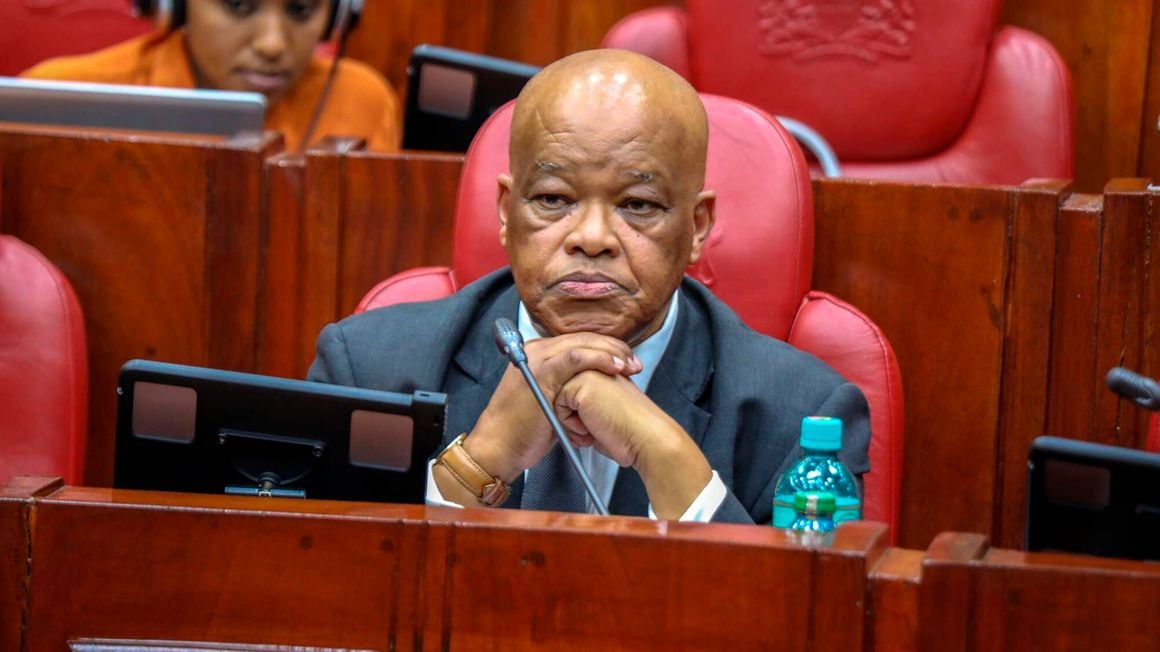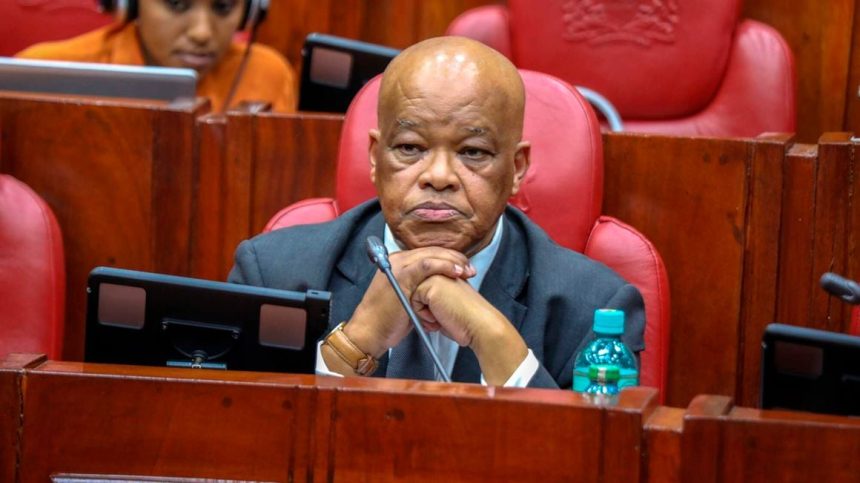Investment banker John Ngumi last month paid a tax of Sh111.9 million from his juicy fee for advising the government’s acquisition of Telkom Kenya Limited for Sh6.2 billion.
Mr Ngumi, through consultancy firm Eagle Africa Capital Partners Ltd, paid the Kenya Revenue Authority (KRA) on April 18, days after he was grilled by a parliamentary committee over his role in the deal.
The Treasury bought a 60 percent stake in Telkom Kenya from a UK-based private equity fund, Helios Investment Partners.’
Mr Ngumi, an investment banker, was paid $3.07 million by Jamhuri Holdings Ltd– a Mauritius-based firm for Helios’ shareholding in Telkom Kenya– for advising the PE fund on its exit from the telecoms operator.
The career banker received his payment over a period of six months to September last year, putting his pay at Sh362.1 million based on the average exchange rate of Sh117.94 to the dollar.

This made Mr Ngumi one the single highest beneficiaries in the transaction, with Anjarwalla and Company Advocates getting Sh54 million.
“I made a commitment to Parliament that I would pay within one week and that is what I have done. As a consultant, I am required to pay five percent withholding tax but out of good faith, I have decided to pay 30 percent as though it is a Pay As You Earn consideration,” Mr Ngumi told the Business Daily.
“I am just making sure I am within the statutory provision of the April 30th deadline,” he added when reached for comment.
A payment slip seen by the Business Daily shows the investment banker made the settlement to the KRA under self-assessment for a resident individual’s income tax for the year ended December.
Mr Ngumi is part of KRA’s high-net-worth individuals (HNWIs), who have gross annual incomes of between Sh350 million and Sh1 billion.
The investment banker was at pains to justify his advisory fees for the Telkom Kenya deal when he appeared before National Assembly committees inquiring into the government’s acquisition of the 60 percent stake.
He told the joint committee hearing that Jamhuri Holdings needed high-level advice to divest because it could not afford to make mistakes.
“I was paid the money because I was the best in the business. They valued the advice I gave them and it was a willing buyer willing seller (transaction),” he said.
The Helios deal marked a rare return of a privatised company to State ownership, derailing initial plans for the listing of Telkom Kenya at the Nairobi Securities Exchange (NSE) through an initial public offering (IPO).
France’s Orange bought a majority share in Telkom Kenya when it was privatised in 2007 but then disposed of its stake to London-based Helios Investment in 2015 for undisclosed fees.



